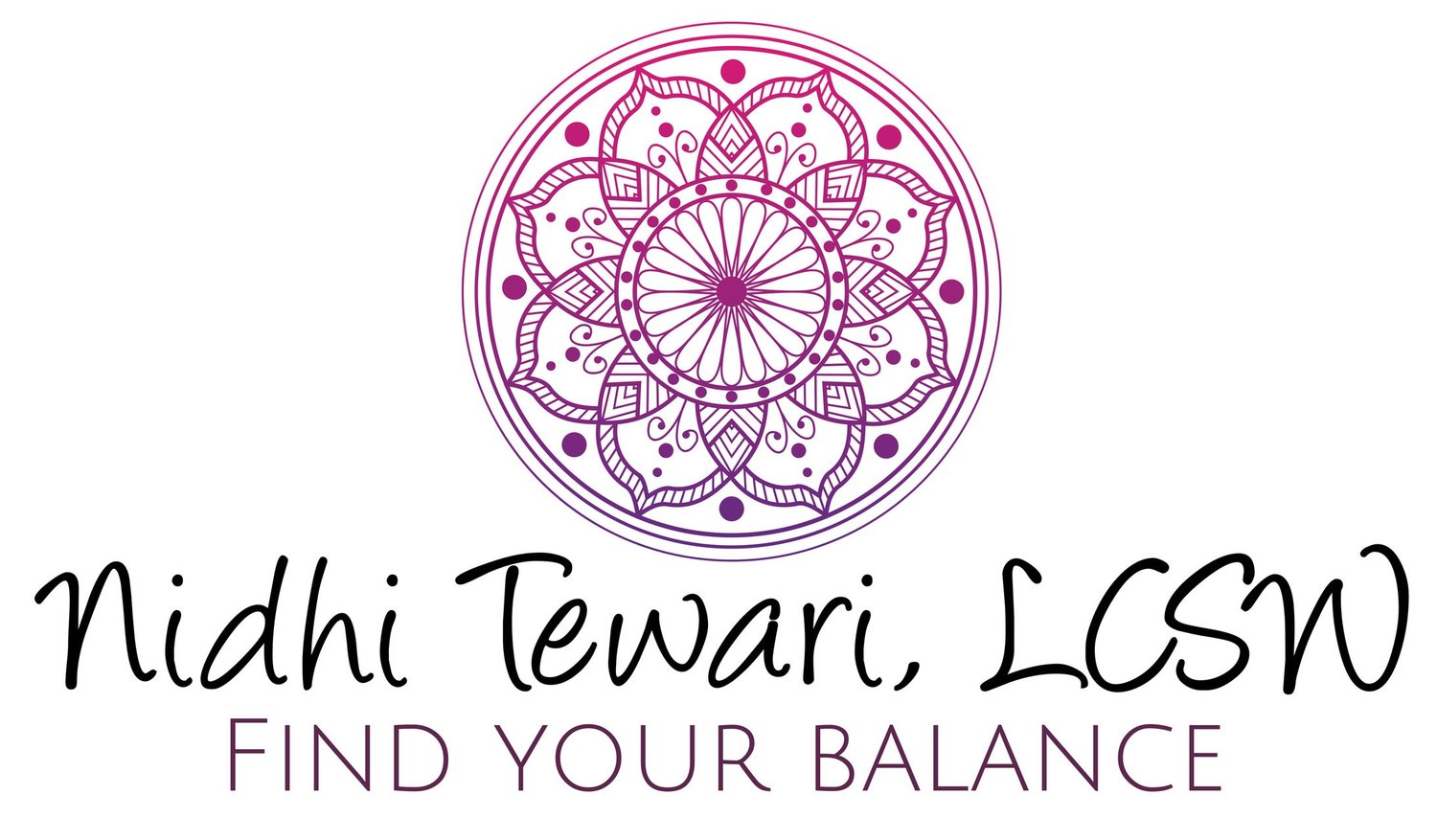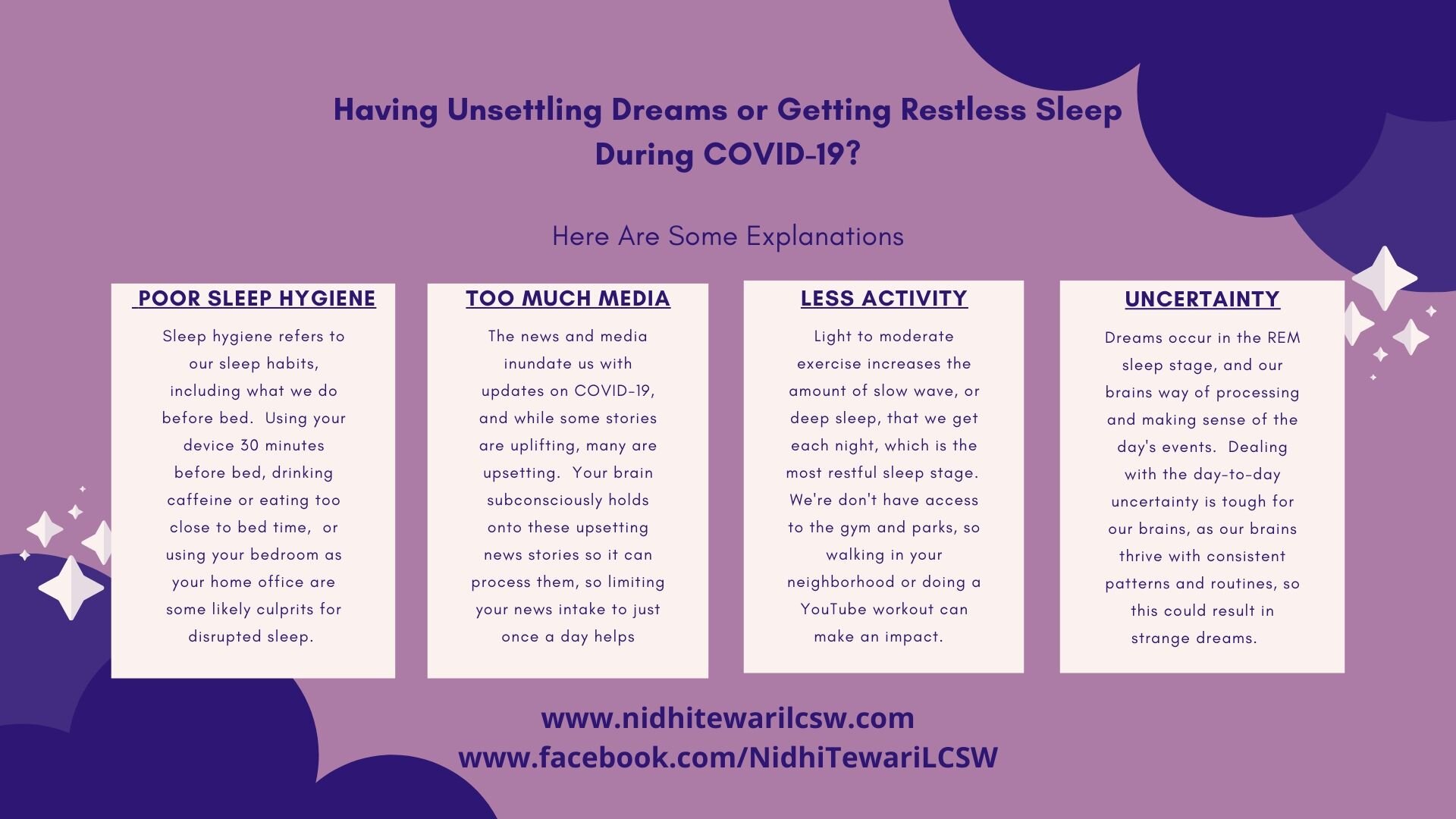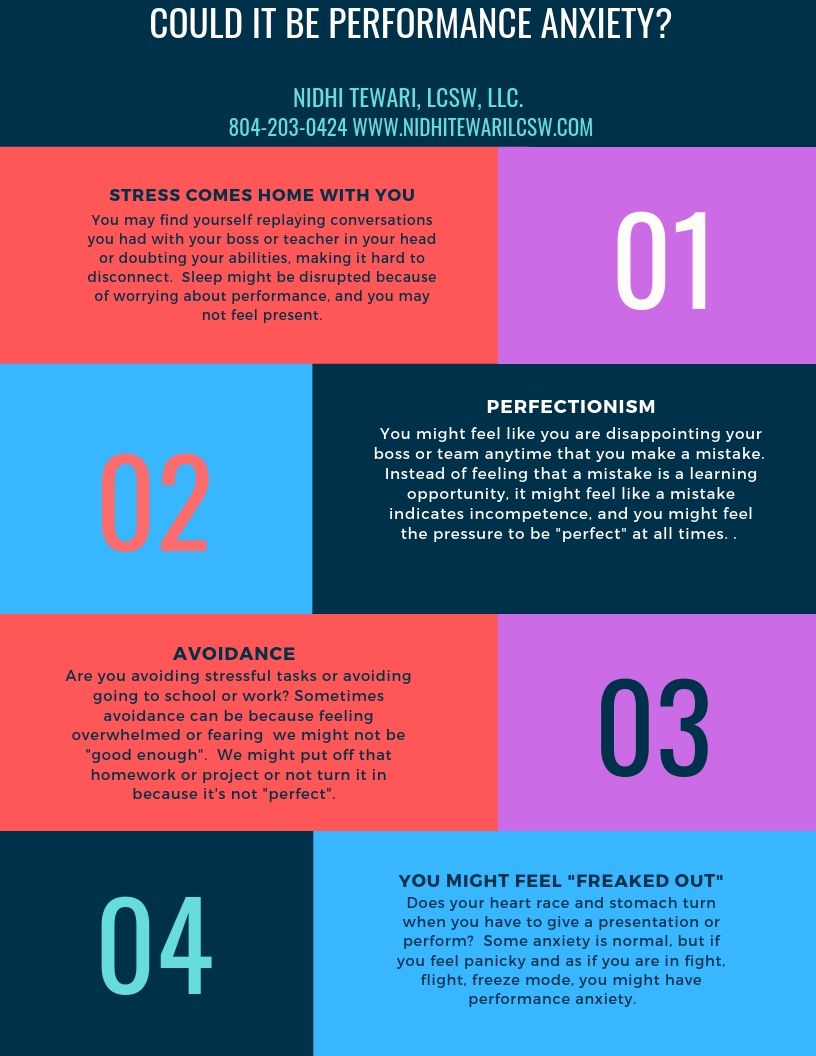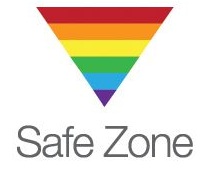Toxic Positivity vs. Authentic Support
/We all have that friend or family member when times get tough. You know the one. The seemingly eternal optimist who may be quick to tell you, “don’t worry, it’ll all be okay”, “you shouldn’t stress about that”, or “things happen for a reason.” While the words are well-intentioned and are meant to comfort and show you support, they sting a bit because they invalidate the very legitimate feelings that you are experiencing in this moment.
These types of comments inadvertently ignore the reality that right now, things are not okay, and that is okay.
All of us have experienced hardship and loss in some capacity, and we know what it feels like for emotions to be dismissed as if they were wrong to exist in the first place. The feeling when you’ve just spilled your guts to a loved one, only to have them say “well, you’ve got to try and move on. Just let it go and focus on the positives.”
Your heart sinks into your stomach and you feel so unheard.
Nothing makes you want to stuff down all of your feelings faster than cliched platitudes. These comments transform a moment of vulnerability where we went out on a limb to express the enormity of our pain into a moment of shame for opening up and feeling those emotions.
That is how toxic positivity works.
Don’t get me wrong, optimism and positivity are important qualities that foster resilience when used appropriately, and being able to find silver linings in the storms of our lives is how we weather the storm. But it is also crucial to balance those traits with staying grounded in the realities of a situation. We can try to accept that part of the human experience is sadness, pain, anger, and uncertainty. We can sit with the feelings we are feeling, and explore them with curiosity instead of judgment.
In times of grief, loss, and trauma, like many of us have encountered and are encountering now during the COVID-19 pandemic, the idea that it will be okay does not feel true in that moment. The thought that everything happens for a reason rings false. What could possibly be the existential reason that we’ve lost our jobs or a loved one? Is it really okay that the world is suffering right now? Why try and put a positive spin on something that is truly tragic?
We accidentally engage in toxic positivity because of our own discomfort with vulnerability and feeling.
If we have a tendency to avoid experiencing our own emotions, then of course, others’ emotions are going to be difficult to sit with. For many of us, past trauma or anxiety can make feelings appear as though they are dangerous and unsafe to feel, but if we can connect with our pain from a place of curiosity and compassion instead of avoiding it, we are able to stay present with our loved ones and start healing our own wounds. We all want to be able to support those we love, but we cannot do that if we unwittingly shut them down when they’re reaching out to us.
When we feel like avoiding or jumping in to “save the day” with that thing we shouldn’t say, take a deep breath and check in to see which of our own messy feelings are coming up. We can try to learn to hold space for our loved ones who are struggling. We can offer a listening ear without offering judgment or advice, just allowing their pain to take its natural course.
We can empathize and validate that this is hard, removing toxic positivity from the menu of ways to cope.
Instead, we show up, we are willing to be vulnerable, and we support however we can. If they need to cry, we let them cry, and if we cry because we feel our pain and their pain in that moment, we let that happen too. If they need to scream and vent for 30 minutes straight and you can’t get a word in edgewise, we just let that happen, because that’s exactly what they need in that moment. We sneak in mmhmms and actively listen. We agree that things suck right now and that life is really hard in this moment. And if we don’t know what someone needs, we ask how we can support them instead of assuming that we know.
Most of us have this superpower of vulnerability within us, and if we tap into it, we can transform our relationship with ourselves and with those closest to us. We just have to be willing to learn to tap into it.
So I challenge you to reflect on times where you might have wanted to push positivity, forgive yourself if you’ve accidentally been that person, and start looking at ways to react differently in the future. We can’t change the past, but we have choices in the future. Take this as an opportunity to work through the past experiences that may be encumbering your ability to truly connect, and deepen those bonds that we are relying on more than ever through this pandemic.
If you feel ready to start harnessing your vulnerability superpowers, reach out to me here.
Why It's Important to Give Yourself Grace Right Now
/In this moment, in your community, region, or nation, it feels like the world as you know it is crashing down. Because of the COVID-19 pandemic, your whole existence has been disrupted and challenged. The hugs that we received from our loved ones two weeks ago feel like an increasingly distant memory, as we all settle into the abrupt changes and feelings of isolation that are accompanying this global pandemic.
You might be tempted to jump into action, meticulously planning every moment of your day or your family’s day. You may be throwing together your kids’ schedules and preparing to home school them on the fly, while working from home and taking care of the usual day-to-day tasks that don’t just go away during a crisis like this. In fact, it may feel comforting to have strict structure and to try to maintain the exact routines from two weeks ago.
Except that you’re forgetting one thing-- the world has drastically changed from what it was two weeks ago. The same routines that worked then are not likely to work now, and the comfort that comes with predictability may feel like it’s fading away.
And this is exactly why it’s important to give yourself grace right now.
If you are feeling overwhelmed, anxious, scared, numb, angry, depressed, or any other jumbled up mess of emotions, please know that collectively as a world, we are all experiencing that same messiness. You are not alone in feeling worried. You are not overreacting.
Please give yourself and your family time to adjust. Give yourself and your family time to rest. The intensive schedules, hours of learning, and relentless daily grind can more than likely wait for another week or two while you and your loved ones become acquainted with this new reality. You can build in some room for self-care during this time, even if you have to continue working from home. Remember, this is a marathon, not a sprint.
What we are experiencing right now is a worldwide, collective trauma unfolding in real time, that is being compounded by the grief and loss of the comfort and certainty that we had just a couple of weeks ago.
This pandemic is triggering fears of scarcity, safety, and helplessness, and many of us feel like we are in a constant state of fight, flight, freeze. Our survival instincts are working on overdrive to keep us safe, which is exhausting for the mind and body.
When we experience trauma and grief in our lives, we need to encourage our brain and body to recover by slowing down, not speeding up.
The temptation is to distract and avoid by doing more and accomplishing more, but the unfortunate outcome is that those same feelings that were avoided eventually resurface, usually as racing thoughts when you’re trying to get to sleep at night.
Instead, put the calendars and schedules on hold for the time being. If your schedule is jam packed with activities, eliminate some of those activities and prioritize connection time with loved ones. I’m not saying to have no structure at all and sleep all day for weeks on end and let everything be a complete free for all of chaos, but I am saying to relax the structure significantly.
Spend time playing games, taking walks in the neighborhood (while following social distancing guidelines), reading books, having conversations, and snuggling. Couples or families can cook a delicious meal together, and if you have family or friends who may be struggling and aren’t accessible in person right now, Skype them in so that they can enjoy the fun and feel connected. You can restart school and structure in a few days once the dust has settled a bit, but for now, just connect.
If your kids are struggling to adjust, talk to them in an age appropriate manner about what is going on, listen to how they’re feeling, and then normalize their feelings, which likely include fear, anxiety, sadness, and frustration. If you have kids who are struggling to understand why they cannot spend time with friends or why they cannot go outside in large groups, use the metaphor of the elephant herd:
Elephants show great empathy towards one another and they are social creatures that look out for their community or herd. Healthy elephants refuse to leave the sick or injured behind, and the healthy elephants will rally together to ensure the sick elephant’s safety. By socially isolating, we are contributing towards our community and loved ones’ safety, and we are caring for them by not exposing them to germs that could get them sick. With so many of the people in this world at risk for getting sick, we all need to do our part by socially isolating. Teaching children the importance of empathizing with others and thinking of others’ needs during this time is a valuable lesson that they can carry with them beyond these times.
Focus on being present and living life in this moment. Ground yourself in small ways throughout the day in order to avoid dwelling on the past or future, which is where anxiety lives and thrives. You can do this by building time into your day to sit outside on your back deck or balcony where you can try and see how many different bird calls you can hear. Ground yourself by taking pictures of the blooming flowers and by breathing in the beauty of the breeze on a spring day.
Just exist in this moment and take it all in.
If you’re finding yourself with more time on your hands than you’re used to, take this moment to allow yourself to feel okay with whatever it is you are feeling.
Emotions are like waves in the ocean, they roll in and roll out periodically, and sitting with uncomfortable emotions develops you into a masterful surfer. Feelings, no matter how scary or all consuming at times, are still temporary, and they too will pass.
You can work on sitting with difficult emotions for even a minute or two at a time to start, and then increase how long you sit with it by 30 seconds incrementally when you are ready. For example, you can set a timer for 1 minute, allow yourself to experience an uncomfortable emotion such as anxiety, notice where you are feeling that anxiety in your body, and then ground yourself in the present moment by breathing deeply and noticing something from each of your five senses.
Prior to COVID-19, creative endeavors may have been put on hold for a long time due to the fast pace of work or the pressure to accomplish tasks on the weekends. This can be an opportunity to embrace some of your creative outlets, such as listening to or creating music, painting/sketching, or writing stories or poetry. If you’ve wanted to learn a skill and have not had an opportunity to do so, YouTube some tutorials on that skill and take the first step towards learning it.
Let’s all be like the elephants and take care of our herd—ourselves, our loved ones, our community, and our world. Lean on your supports and get creative in the ways that you take care of yourself and your loved ones during this time. Check in on those close to you and connect whenever possible.
If you need additional support, therapy provides a space to process what you are experiencing.
I am an EMDRIA Certified EMDR therapist offering video sessions to kids, teens, and adults in Virginia who are coping with anxiety and trauma, so feel free to reach out through my website if you’d like support. www.nidhitewarilcsw.com
Stay safe, healthy, and grounded out there!
Warmest Wishes,
Nidhi Tewari, LCSW
Talking to Your Partner About Therapy
/Check out my first Vlog! I’m hoping to post one every couple of weeks, so stay tuned and please share/subscribe!
You’ve decided that you want to start therapy, but you don’t know how to talk to your partner about needing the extra support..
Learn strategies to get a better response from your partner if they don’t get why therapy is a worthwhile investment.
#therapy #mentalhealth #relationships
Could It Be Performance Anxiety?
/Performance anxiety can present itself as the fear of public speaking or stage fright, but more often, it shows up in our daily lives at work or school.
Do these potential signs seem familiar? Contact me below to learn more about how EMDR therapy can help in addressing your performance anxiety today.
Mental Health Issues Increase Among Young People
/I had the amazing opportunity to share some insight with Theravive blog/article writer Tina Arnoldi, MA, LPC. You can read the full article here: https://www.theravive.com/today/post/mental-health-issues-increase-among-young-people-0003424.aspx
Mind full or Mindful?
/Most of us have a hectic pace of life, and it seems like we’re always struggling to balance work, school, relationships, family, and social life. The days can fly by in a blur, and the anxiety can kick up because we are constantly worrying and stressed. Since mindfulness is all about truly existing in the present moment and accepting thoughts, feelings, and sensations as they arise, it’s an effective technique in managing stress and anxiety at home and at work. So much of anxiety is rooted in the past (I wish I could change this past event) or the future (what if this negative situation or outcome occurs), and mindfulness helps to ground you in the present moment.
Read MoreSocial Media and Teen Mental Health, Is There a Connection?
/Mental health issues are seemingly more prevalent among young Americans, and there are tons of teens who struggle with major depressive disorder, generalized anxiety disorder, and social anxiety disorder. I think that the pressures on kids and teens are different than even a decade ago, and while social media plays a role in that, there are other factors too.
Read More






